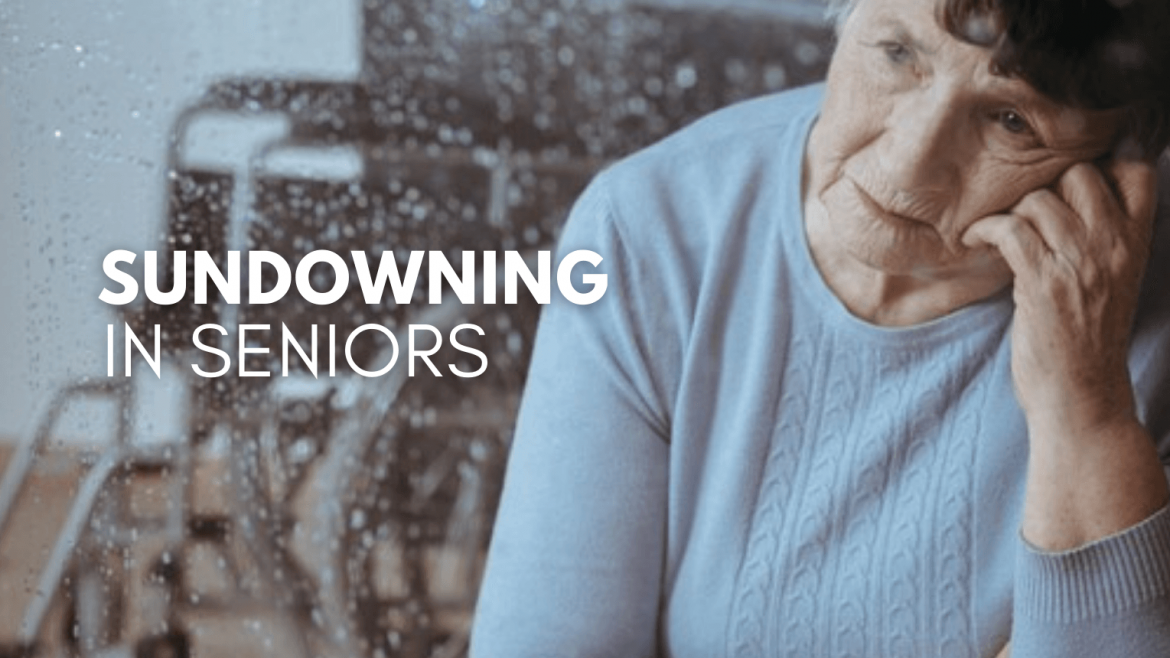6 Signs that Show a Senior may have Sundowners
6 signs that show a senior may have sundowners. “Sundowners” is a term used to describe a group of symptoms that tend to worsen in the late afternoon and evening in some older adults, particularly those with dementia or Alzheimer’s disease. These symptoms can vary from person to person, but some common signs that a senior may be experiencing sundowning include:
1. Agitation and restlessness: The individual may become more agitated, fidgety, or have difficulty sitting still.
2. Confusion and disorientation: Sundowning can cause increased confusion and disorientation, with the person being unsure of their surroundings or the time of day.
3. Mood swings: They may exhibit sudden changes in mood, such as becoming easily upset, anxious, or irritable.
4. Hallucinations and delusions: Some seniors may experience hallucinations or delusions, perceiving things that aren’t there or holding false beliefs.
5. Increased confusion: Cognitive abilities may decline further during sundowning episodes, leading to difficulty communicating or recognizing familiar faces.
6. Trouble sleeping: Sundowning can disrupt the sleep-wake cycle, leading to difficulties falling asleep or staying asleep through the night.
Is this an exhaustive list? Of course not. It’s important to note that not all seniors with dementia or Alzheimer’s will experience sundowning, and the severity of symptoms can vary widely from person to person. If you notice these signs in a senior you care for, it’s essential to consult with a healthcare professional to rule out other potential causes and to develop an appropriate care plan to manage these symptoms. Creating a calming and structured environment, promoting a consistent daily routine, and minimizing stimulants (such as caffeine and bright lights) in the evening can sometimes help reduce the impact of sundowning episodes.
